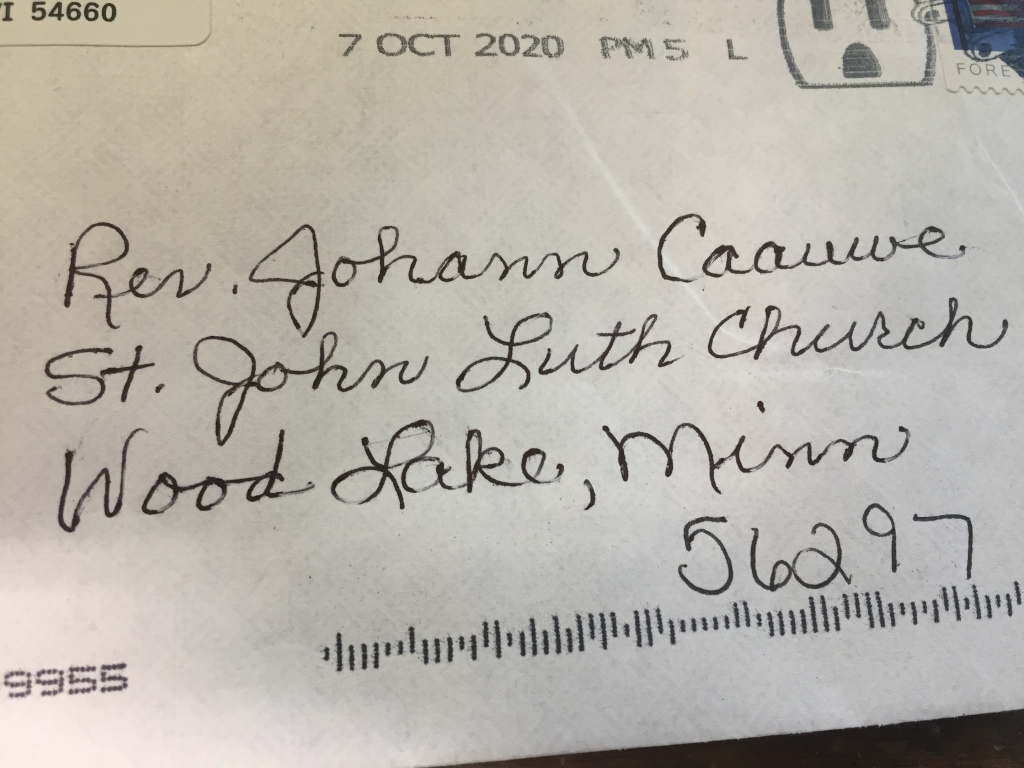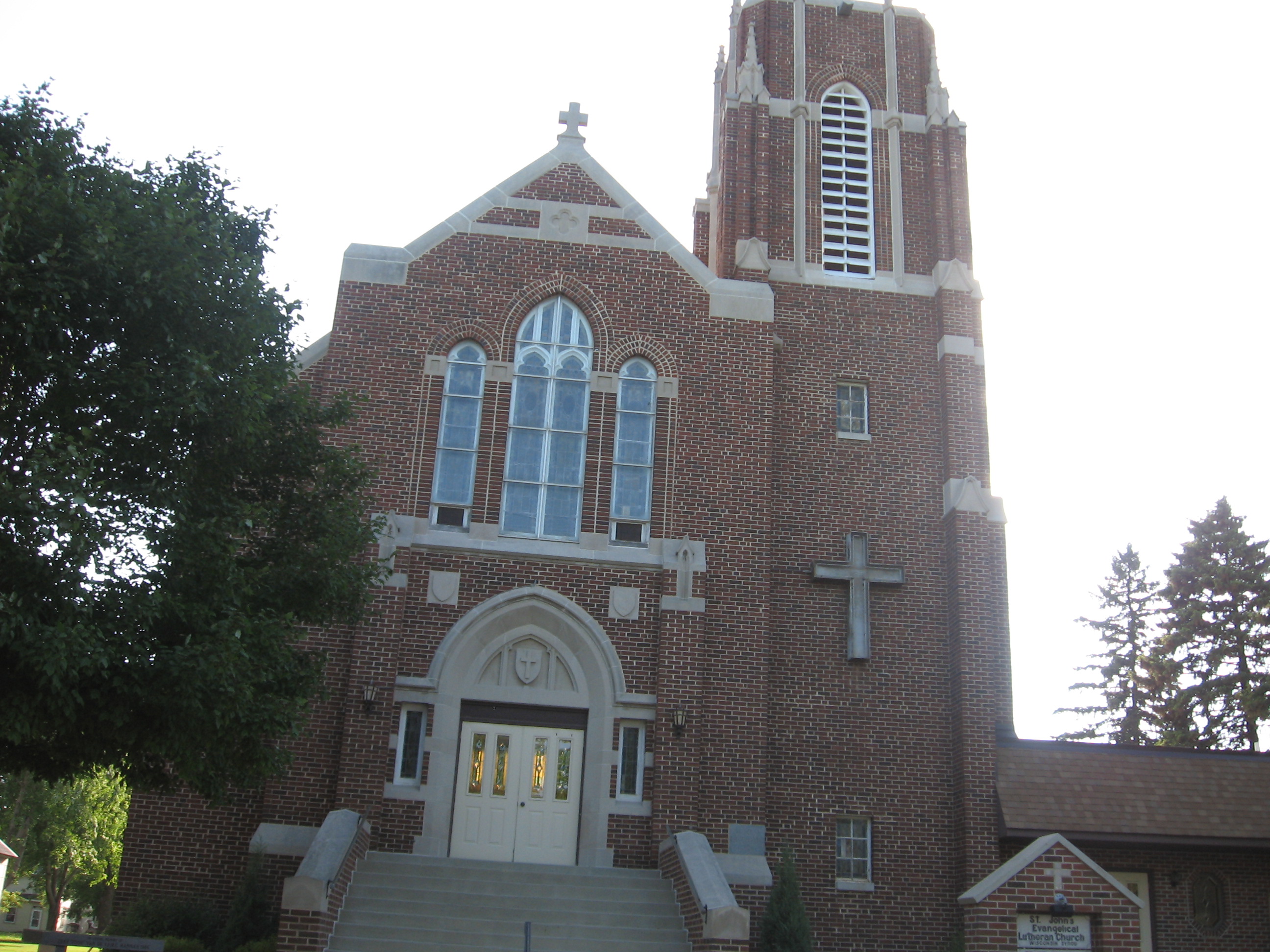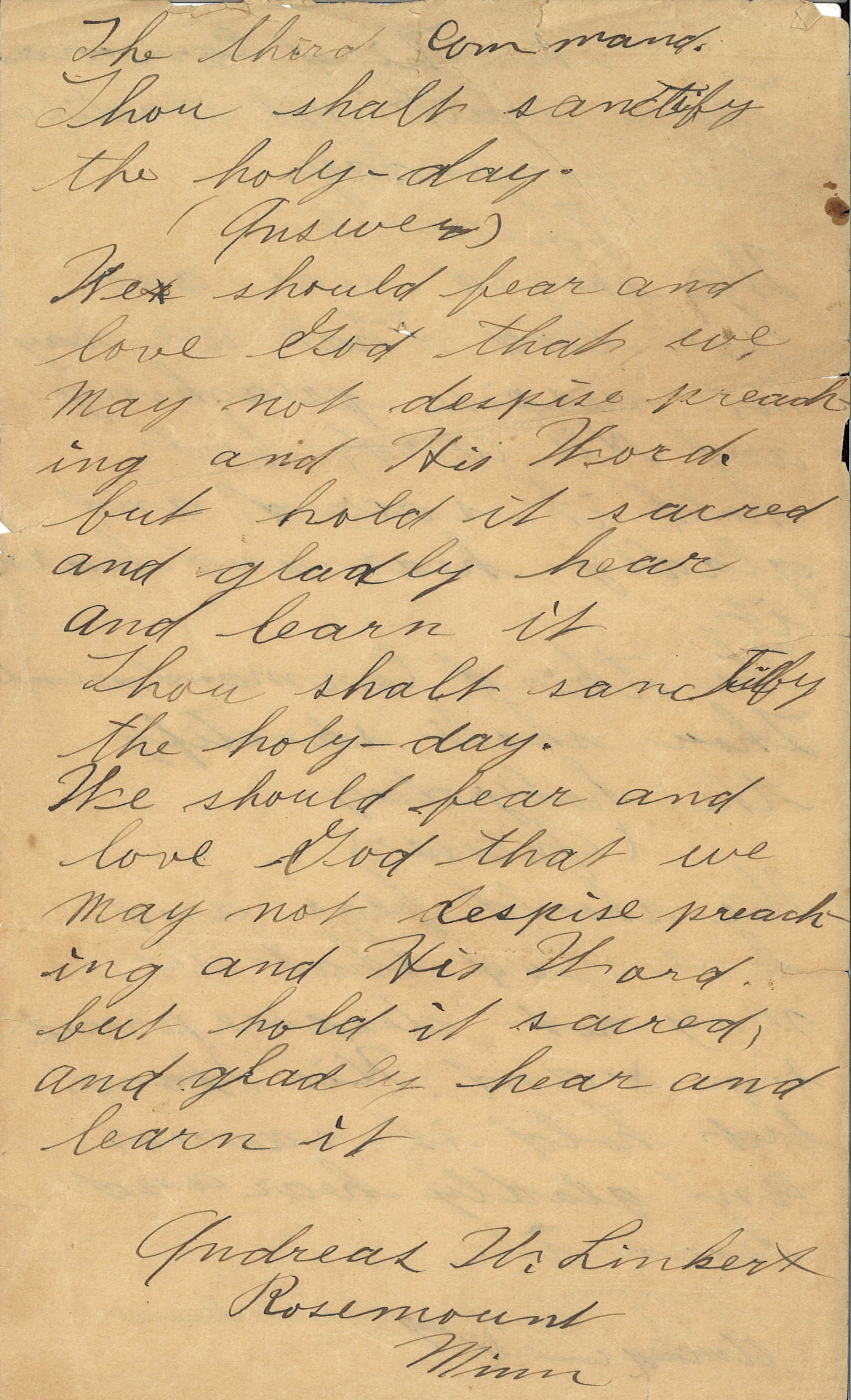


My feet hit the floor today on one of my Grandpa’s rag rugs that lies on the floor by my bed. I shaved with his double edge safety razor. When I got dressed, I put his slip-joint pocket knife into my pocket. It was twenty-four years ago today that my grandfather fell asleep in Jesus to await the resurrection of all flesh. It means a great deal to me that I can hold a tool in my hands that once served him and still functions just as well as it did in his hands.
But I am convinced that the most durable, well-crafted tools that have been passed through our generations are the hymns we have sung. I thought of him when we sang in church today:
Yea, Lord, ’twas thy rich bounty gave
my body, soul, and all I have
in this poor life of labor.
Lord, grant that I in ev’ry place
may glorify thy lavish grace
and help and serve my neighbor.
Let no false doctrine me beguile;
let Satan not my soul defile.
Give strength and patience unto me
to bear my cross and follow thee.
Lord Jesus Christ, my God and Lord, my God and Lord,
in death thy comfort still afford.
Lord, let at last thine angels come,
to Abr’ham’s bosom bear me home
that I may die unfearing;
and in its narrow chamber keep
my body safe in peaceful sleep
until thy reappearing.
And then from death awaken me
that these mine eyes with joy may see,
O Son of God, thy glorious face,
my Savior and my fount of grace.
Lord Jesus Christ, my prayer attend, my prayer attend,
and I will praise thee without end.







 Last week I received a Divine Call to serve
Last week I received a Divine Call to serve Johann Sebastian Bach performed a
Johann Sebastian Bach performed a
 “Yet we dare not in this regard follow the fanatics, as if the human sciences were utterly useless or even detrimental to the knowledge of the Holy Scriptures and heavenly teaching. It is certainly necessary to study languages and well-informed grammars. Dialectic, rhetoric, and familiarity with the rest of philosophy is beneficial as well, and even quite necessary” (100).
“Yet we dare not in this regard follow the fanatics, as if the human sciences were utterly useless or even detrimental to the knowledge of the Holy Scriptures and heavenly teaching. It is certainly necessary to study languages and well-informed grammars. Dialectic, rhetoric, and familiarity with the rest of philosophy is beneficial as well, and even quite necessary” (100).